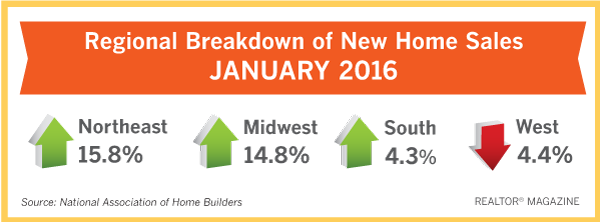
House hunting for the right investment property can be challenging.
So you’ve pulled together the money to buy an investment property.
Now the fun really begins as you start the search for the right investment to add to or kick off your portfolio.
But which investment properties should you consider in order to give you the best possible return?
AllianceCorp Property Experts managing director Jason Paetow says different investment properties suit different people, depending on their financial position and goals.
City or regional?
Paetow says most investors’ financial strategy is to set themselves up for a comfortable retirement, which can make investing in inner-city Sydney and Melbourne problematic.
He says the sheer cost of the properties in these areas can “max out an investor’s borrowing capacity and impede their ability to purchase the number of properties required to achieve their goals”.

Inner city properties are always in high demand.
While properties close to the city do tend to see higher growth than regional properties, many investors are now priced out of city markets but are still able to find good opportunities further afield.
“As for regional areas, we have witnessed some amazing opportunities for clients in the last couple of years.
“A regional area that performs well generally has steady population growth, employment opportunities, lifestyle features (such as a tree-change, sea-change community) and infrastructure development works, amongst other things.
“This contributes to a demand for housing so investors can pick up a new house and land package at a much more reasonable price than an inner-city property and can fetch higher rental yields, which can even see the investment being cash flow positive,” Paetow says.
House or unit?
Again, there’s a place for both houses and units in a property investment portfolio, Paetow says, depending on your circumstances.
“Houses in growing areas tend to experience higher capital growth than units or townhouses due to the land content.
“The downside of this is that the rental yields compared to the value of the property are often lower than that of a unit.
“Also, a house versus a unit in the same location is generally going to be more expensive, which means it will impact the investor’s ability to keep borrowing to acquire further investments,” he says.

It’s important to get some advice before venturing into the investment property market.
Paetow also warns investors to “tread carefully” when considering buying a new apartment near capital cities due to oversupply issues, particularly in Melbourne.
New or established?
Most advice around property purchasing indicates older houses or units have better potential for capital growth, and Paetow agrees, however he says it’s a case of horses for courses.
Established homes are generally more likely to have their own land, which can provide huge boosts in value. They also have better scope for negotiation on price, and further value can be added through renovation, subdivision or development.
But Paetow says properties that are very old will prevent you from claiming many depreciation benefits, and will attract lower rental yields and higher maintenance costs.

Time to celebrate … buying an investment property is a major achievement.
New properties, on the other hand, offer much higher depreciation and much lower stamp duty if bought off-the-plan.
“Depreciation can be claimed at a much higher rate than with an older property. This can help with balancing the cash flows of a property and in some cases, making the property cash flow positive,” Paetow says.
But he cautions investors to ensure they thoroughly research their potential investments, particularly if the property is in a newer area with limited data on sales data and historical growth.
[ad_2]




